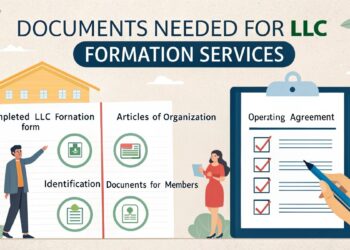Effective money management is a vital skill that can significantly impact your financial well-being. By mastering the art of managing your money, you can achieve financial stability, reduce stress, and work towards your long-term goals. In this article, you will explore six essential tips to help you improve your money management skills and take control of your financial future.
Why Better Money Management Matters
Better money management is the foundation of a solid financial plan. It allows you to make informed decisions about spending, saving, and investing, ultimately leading to improved financial outcomes. SoFi professionals say, “Money management can help you spend less and save more.”
Managing your money better offers several benefits, including:
- Financial Stability: By effectively managing your money, you can maintain stability in your financial life. You’ll clearly understand your income and expenses, enabling you to allocate funds wisely.
- Reduced Stress: Financial worries can cause significant stress and anxiety. With better money management, you can gain control over your finances, alleviate stress, and enjoy peace of mind.
- Goal Achievement: Whether saving for a down payment on a house, planning for retirement, or pursuing a dream vacation, effective money management helps you stay on track to achieve your financial goals.
1. Create a Budget and Stick to It
A budget is a powerful tool that helps you track your income and expenses. Start by listing your sources of income and then allocate funds to various categories, such as housing, transportation, groceries, and savings. Ensure your expenses do not exceed your income, and adjust your spending habits accordingly. Regularly review and revise your budget to ensure it aligns with your financial goals.
2. Track Your Expenses
Keeping track of your expenses is essential for understanding where your money is going. Maintain a record of your daily expenses, whether it’s through a mobile app or a simple spreadsheet. This practice will help you identify spending patterns, prioritize essential expenses, and make necessary adjustments to your budget.
3. Build an Emergency Fund
An emergency fund acts as a safety net during unexpected financial hardships. Aim to save at least three to six months’ worth of living expenses. Start small by setting aside a portion of your monthly income, and gradually increase your contributions over time. An emergency fund provides peace of mind and protects you from relying on high-interest debt in times of crisis.
4. Minimize Debt and Manage Credit Wisely
High levels of debt can hinder your financial progress. Prioritize paying off high-interest debts, such as credit cards, while making minimum payments on other loans. Develop a debt repayment plan and consider debt consolidation options if it helps simplify your financial obligations. Additionally, manage credit responsibly by paying bills on time and keeping credit card balances low to maintain a healthy credit score.
5. Save for the Future
Planning for the future is a key aspect of money management. Allocate a portion of your income towards long-term goals, such as retirement or education. Explore investment opportunities, such as retirement accounts or index funds, to grow your savings over time. You can secure a comfortable future by saving consistently and taking advantage of compounding interest.
6. Seek Professional Guidance
If you find money management challenging or need help navigating complex financial situations, consider seeking guidance from a financial advisor. A professional can provide personalized advice based on your circumstances, helping you make informed decisions and optimize your financial strategy.
Remember, it’s never too late to start managing your money better. Start implementing these essential tips today and embark on a journey toward financial empowerment.







